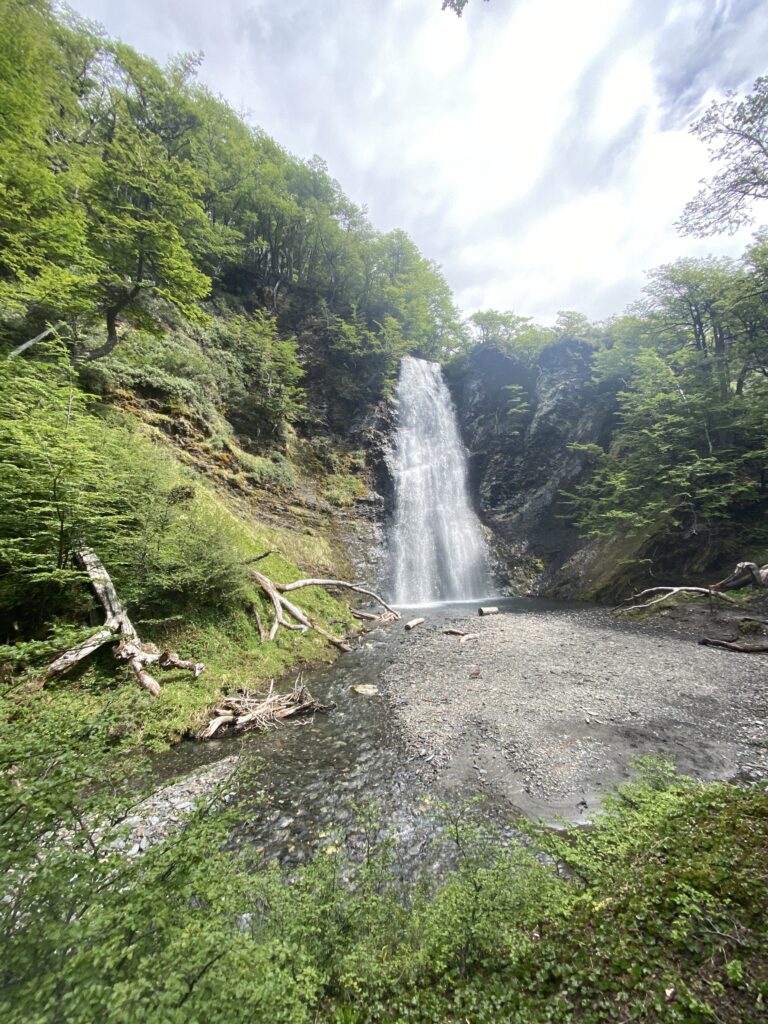Highlight 40/2025: Environmental crimes in the Amazon: Challenges for the Governance
Lisseth Lipa Cano, 7 October 2025

Environmental crimes such as illegal mining crimes, wildlife crime, environmental crime, illegal logging and pollution as classified by the International Criminal Police Organization (INTERPOL) have far reaching impacts across multiple regions of the world, particularly in the Amazon region. This biome, renowned for its exceptional biodiversity of flora and fauna, is shared by nine countries: Brazil (58.4 %), Peru (12.8%), Bolivia (7.7%), Colombia (7.1%), Venezuela (6.1%), Guyana (3,1%), Suriname (2.5%), French Guiana (1.4%) and Ecuador (1%).
The Amazon Region has become a critical spot for diverse types of environmental crimes, which not only affect the natural ecosystems but also undermine the livelihoods and cultural path of indigenous peoples and other local populations.
According to INTERPOL, the trade of illegally logged timber has an estimated value of between USD 51-152 billion annually. Illegal logging is also responsible for deforestation, species extinction and contributes to global warming.
Despite implemented initiatives by Amazonian states and the international community to establish multilateral agreements and environmental conventions such as the Escazú Agreement, Amazon Cooperation Treaty Organization (ACTO), the Convention on International Trade in Endangered Species (CITES), the Convention on Biological Diversity (CBD), the Indigenous and tribal people convention 169, the establishment of the International Union for Conservation of Nature (UICN), the Paris Agreement and the Minamata Convention among others that have been implemented in the Amazon Region, significant asymmetries persist in criminal sanctions and law-enforcement capacities across the region.
An illustrative case is the jaguar (Panthera onca), a flagship species of the Amazon, legally protected in Brazil, Peru, Colombia, and Ecuador. Activities such as hunting, trade, and trafficking of jaguars are criminalized with custodial sentences and financial penalties. Since 2016, the Jaguar is part of the red list of the International Union for Conservation of Nature (UICN) and is also included under Convention on International Trade in Endangered Species of Wild Fauna and Flora (CITES). While demand for jaguar pelts has decreased due to anti-fur campaigns and strengthened CITES enforcement, there remains a persistent illicit market for jaguar body parts such as paws, teeth, and derivative products. Between 2014 to 2021, in Bolivian authorities seized around 760 teeth from Jaguars.
The challenges in the Amazon region are: the limited presence of the state in remote areas for control, monitoring and enforcement; the high economic incentives for illegal activities where criminals’ groups thrive on illegal mining, illegal logging, wildlife trafficking due to their profitability; and the limited regional cooperation and support. In spite that some programs have been implemented but suffer from lack of institutional commitment and political will, weak funding and fragmented operations, which notably limit their effectiveness.
Without structural reforms such as updating the law with international standards, strengthening the control of state institutions, fostering regional and coordination work between the countries involved, which includes stronger compliance mechanisms, and greater collaboration among different stakeholders from government, civil society, and academia, the protection of the Amazon region risks the ongoing spread of environmental crime issues.
Lisseth Lipa Cano, Highlight 40/2025: Environmental crimes in the Amazon: Challenges for the Governance, 7 October 2025, available at www.meig.ch
The views expressed in the MEIG Highlights are personal to the authors and neither reflect the positions of the MEIG Programme nor those of the University of Geneva.
